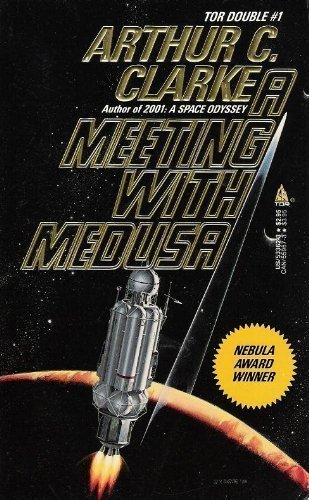Black Amazon of Mars by Leigh Brackett
While credit is certainly due to the originator of an idea, iterations which better the original are likewise deserving of recognition, and in some cases, perhaps more. Edgar Rice Burroughs gets a lot of attention for pioneering the Martian hero story, as does Robert E. Howard for Conan, the barbarian with honor in a strange land of beasts and magic. But they may not be the writers who best presented the ideas. Leigh Brackett’s hyper-masculine hero Eric John Stark — similar in name to John Carter — features in some of her SEA KINGS OF MARS stories.
Read More


















We’re in total agreement David!
I felt just the same. The prose and character work was excellent. The larger story was unsatisfying, especially compared to…
Hmmm. I think I'll pass.
COMMENT Was I hinting that? I wasn't aware of it. But now that you mention it.... 🤔
So it sounds like you're hinting Fox may have had three or so different incomplete stories that he stitched together,…